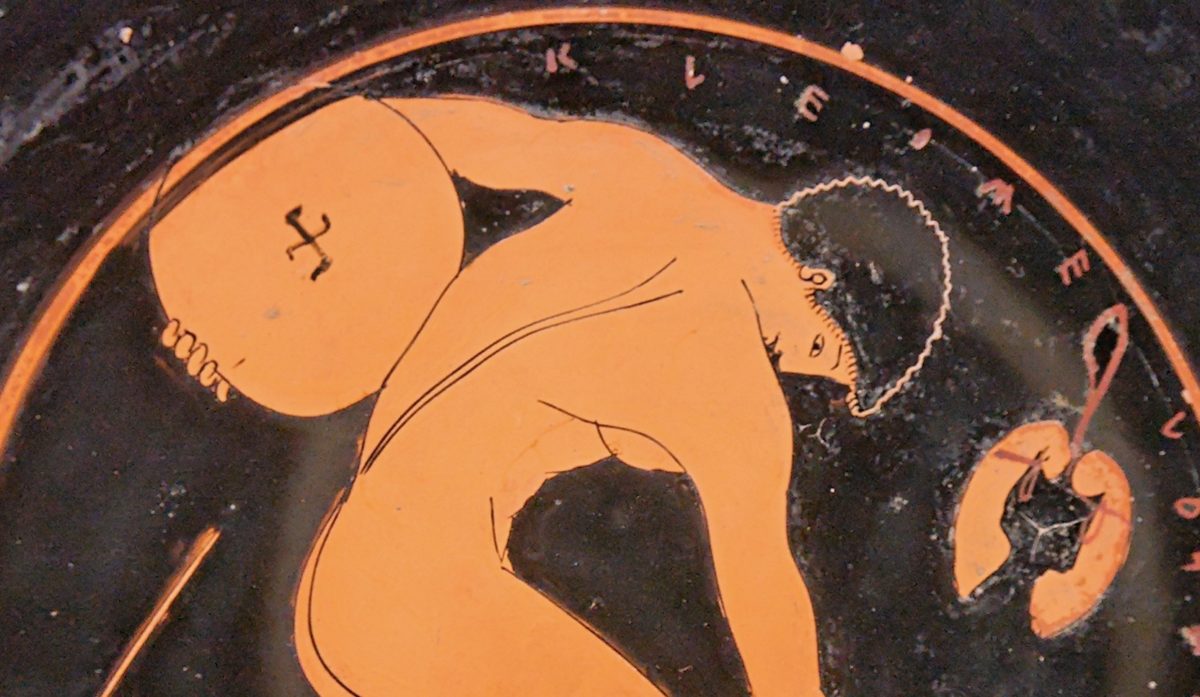
Michael Denton holds an M.D. from Bristol University, as well as a Ph.D. in biochemistry from King’s College in London. A Senior Fellow at Discovery Institute's Center for Science and Culture, Denton has had a critical impact on the debate over Darwinian evolution.
Denton’s most prominent book, Evolution: A Theory in Crisis, coined the phrase that evolution is a “theory in crisis,” and is credited with having inspired both Phillip Johnson and Michael Behe to investigate scientific problems with Darwinian evolution. His book showed that severe cracks exist in the foundation of Darwinism in areas related to homology, paleontology, and molecular biology. Although originally drafted more than 30 years ago, the core argument that much of the complexity of the biological world cannot be accounted for in terms of cumulative selection has stood the test of time as witnessed by the growing skepticism by many in the scientific community that micro evolution can be extrapolated to macroevolution. Following the work of historian of science Thomas Kuhn, Denton recounted that scientific revolutions occur when the dominant paradigm accumulates so many deficiencies that it reaches a “crisis” stage. According to Denton, Darwinism has reached that final stage. His 1998 sequel, Nature’s Destiny: How the Laws of Biology Reveal Purpose in the Universe, elaborates on the evidence for design in nature, showing that the laws of the universe are finely-tuned not only for the existence of carbon-based life, but even for complex beings of biology close to modern humans.
Dr. Denton’s research topic as a PhD student and post doctoral fellow at Kings College in the 1970s was the differentiation of the red blood cell, and his main research focus since the early 1980s has been on identifying genes responsible for inherited retinal disease in humans. Because certain categories of disease genes (e.g. recessive genes) can be more easily identified by studying large consanguineous pedigrees, he has spent several months each year for nearly two decades working and living in India and Pakistan where large inbred populations, ideal for gene mapping, are relatively common. His retinal research led to the identification of several new retinal disease genes including the gene used in the first successful gene therapy trial at Moorfields eye hospital in London in 2009.
He has long adhered to a structuralist view of organic form, seeing much of the underlying order of life to be immanent in nature, the result of higher organizational principles or “laws of form” which constrain the behaviour of complex higher order assemblages of biomatter. As he argues, because these organizational principles or laws are emergent, and only manifest by their influence on “higher order assemblages,” they cannot be inferred from analysis of the individual molecular components or parts of living systems analyzed in isolation and consequently pose a severe challenge to the reductionist agenda. Darwinism is also challenged because they represent emergent causal agencies which are immanent in nature and have nothing to do with natural selection. Moreover as Denton stresses: “Emergent features of any composite or whole (like the properties of water) are only manifest when the components of the composite (hydrogen and oxygen) are ‘combined together.’ Because of this, they cannot be the result of cumulative Darwinian selection which is by definition a gradualistic process which can only build order bit by bit. Selection may choose and conserve the emergent properties of a whole but it cannot create them in the first place.”
Dr. Denton has published his work in journals such as Nature, Biochemical Journal, Nature Genetics, BioSystems, Human Genetics, Clinical Genetics, the Journal of Theoretical Biology, and Biology and Philosophy. He has presented his work at major universities throughout the world. His current research focuses on exploring the role and limitation of genes in the generation of cell form, particularly retinal cells and red blood cells, and examining the challenge posed to Darwinian functionalism by the apparently non-adaptive ground plans or types which underlie much of the adaptive complexity of life. He rejects the metaphysical basis of the Darwinian framework, specifically the assumptions that living organisms are nothing more than machines and that all properties of organisms have adaptive significance.
Archives


The Miracle of Man: Fine Tuning for Blood and Breath

Michael Denton: The Miracle of Man Rests on a Primal Blueprint

Man, with His Special Place in Nature, Was Designed to Use Fire

Michael Denton: The Miracle of Man Interview

Earth’s Atmosphere Demonstrates Stunning Biocentric Fine-Tuning

How We Moved Beyond Darwin to the Miracle of Man

Michael Denton Reads from His New Book, The Miracle of Man

Michael Denton and the Fine Tuning of Chemistry for Life

Michael Denton Talks Finely Tuned Chemistry and ATP Synthase
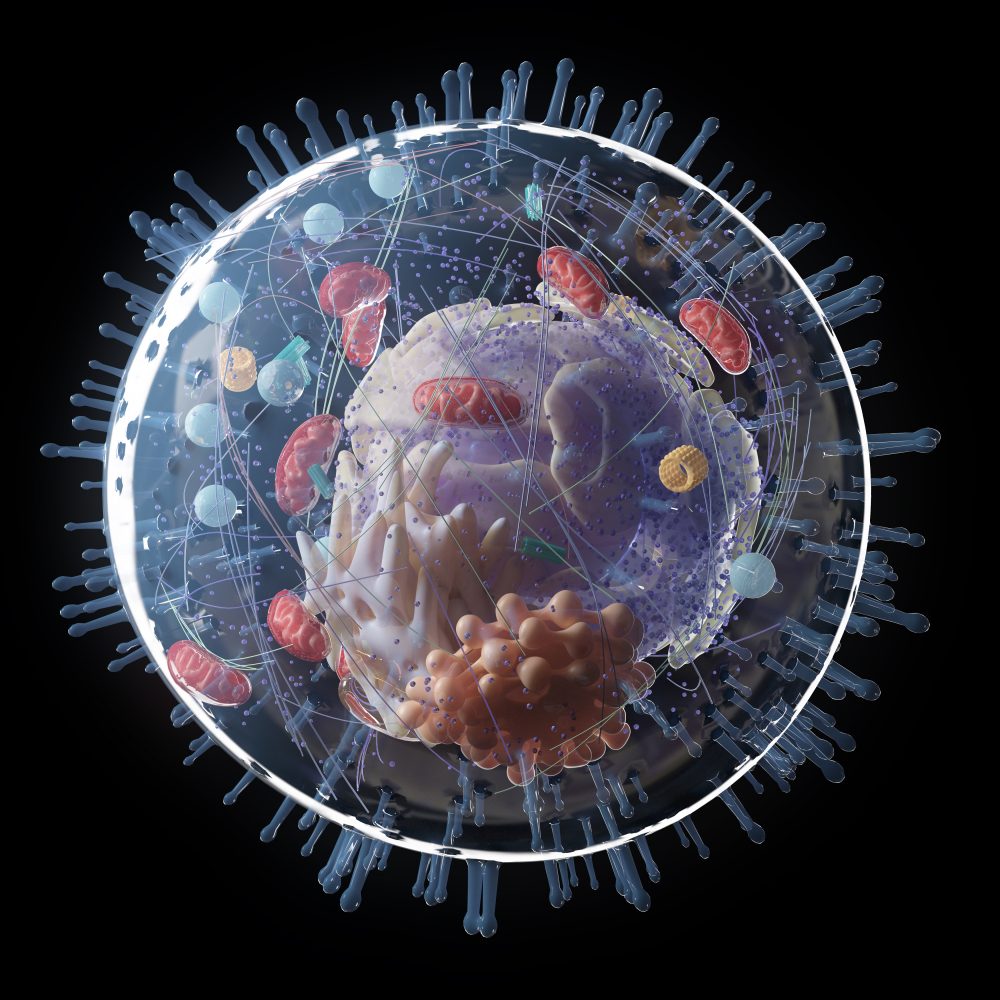
Michael Denton’s Epiphany about Nature’s Fitness for Life

Excerpt — The Chosen Atom
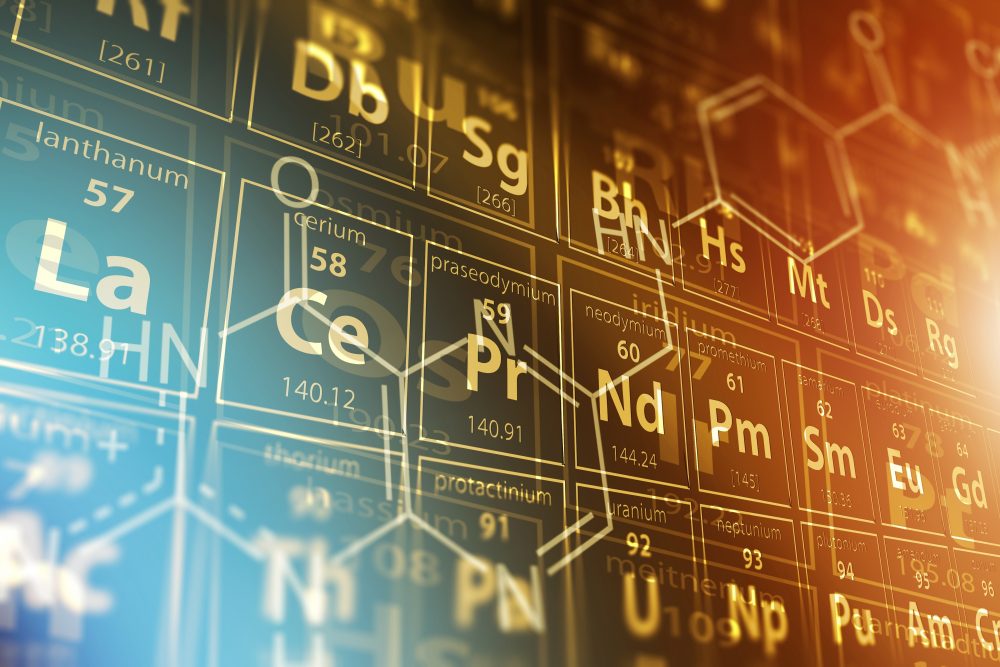
Michael Denton Discusses The Miracle of the Cell

Michael Denton: Remarkable Coincidences in Photosynthesis

Dr. Michael Denton on Evidence of Fine-Tuning in the Universe
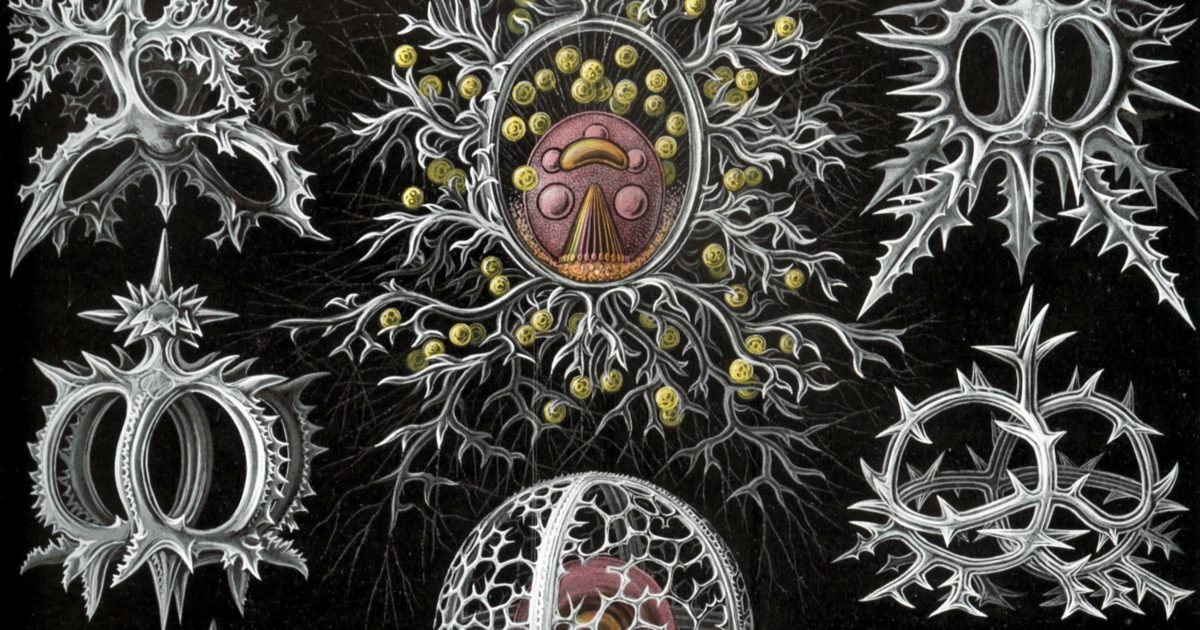
Excerpt — The Infinite Complexity of Cells
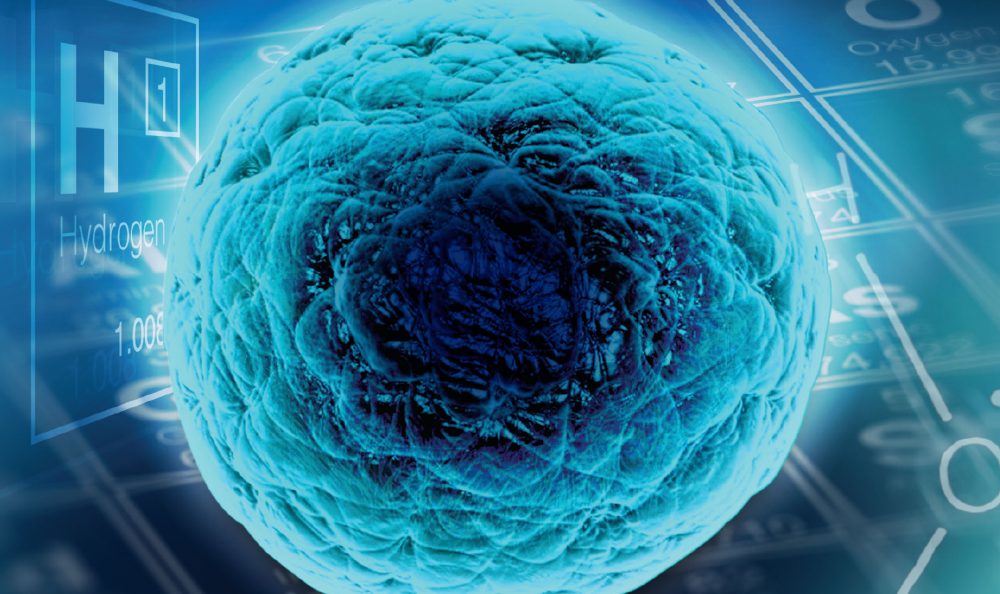
A Reading from Michael Denton’s New Book, The Miracle of the Cell
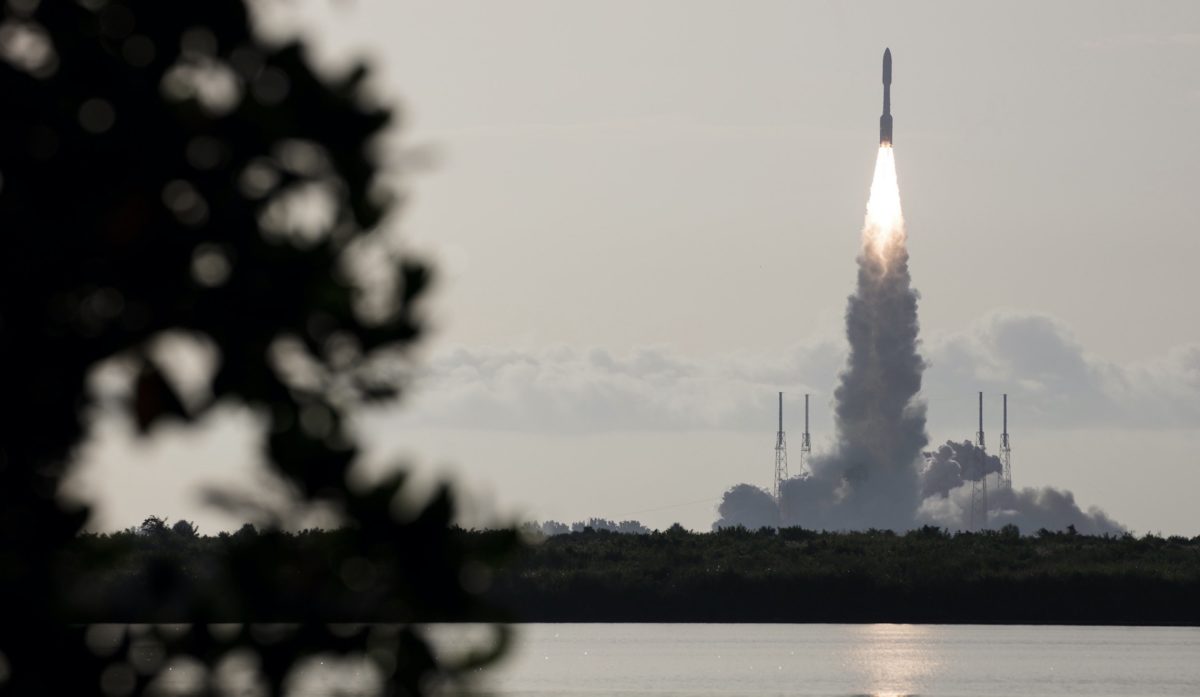
Whatever the Cause, We Are No Accident

Fire and Fitness: A Summary of the Evidence
